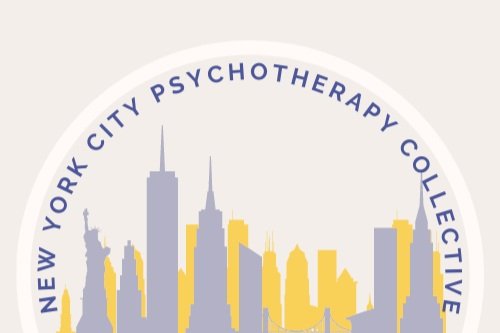The journey of self-discovery and establishing your identity is a significant part of young adulthood. It is during this phase that individuals explore various aspects of their lives, including personal values, career aspirations, relationships, and societal roles. While this exploration is crucial for personal growth and development, it can also pose challenges to mental health.
The Quest for Identity
As young adults transition from adolescence to adulthood, they embark on a quest to discover who they are as individuals. This process involves questioning established beliefs, experimenting with new ideas, and seeking experiences that align with their evolving sense of self. Identity exploration encompasses various domains, such as cultural and ethnic identity, sexual orientation, gender identity, career choices, and personal values. It is an ongoing, dynamic process that can be both exciting and challenging.
Challenges Faced
While identity exploration can be invigorating, it also can bring a range of challenges that can impact mental health and overall well-being. The pressure to conform to societal expectations, uncertainty about the future, fear of judgment, and internal conflicts can all contribute to stress, anxiety, and feelings of confusion. Additionally, the digital age and social media influence can intensify these challenges, as young adults compare their journeys with curated versions of others' lives, leading to feelings of inadequacy and self-doubt.
Impact on Mental Health
The link between identity exploration and mental health is complex, but not one we haven’t helped our clients work through. Engaging in the process of self-discovery, especially with the help of a therapist, can provide a sense of purpose, autonomy, and fulfillment. However, unresolved conflicts or difficulties in finding one's identity can lead to increased vulnerability to mental health issues in the future. Young adults may experience symptoms of depression, anxiety, low self-esteem, and identity crises as they navigate this transformative period, and those symptoms may continue to manifest throughout adulthood.
Embracing Identity: Challenges for the LGBTQ Community:
As we navigate the vast landscape of identity, it's crucial to acknowledge the unique challenges faced by individuals in the LGBTQ community. Exploring one's sexual orientation and gender identity can be an incredibly personal and sometimes daunting process. Society's heteronormative expectations and prejudices can often create barriers, leading to feelings of isolation, confusion, and self-doubt.
Overcoming Internalized Phobias
The journey of self-discovery for LGBTQ young adults may involve overcoming internalized homophobia or transphobia, grappling with the fear of rejection from loved ones or society, and navigating the intricacies of coming out. These challenges can significantly impact mental health, leading to increased rates of anxiety, depression, and self-esteem issues. It's essential for therapy practices to create safe and inclusive spaces where LGBTQ individuals can explore their identities, receive support, and celebrate their authentic selves.
Celebrating Diversity: Identity Exploration for People of Color:
Identity exploration is a multifaceted experience, and for young adults from diverse racial and ethnic backgrounds, it can bring its own unique set of challenges and triumphs. People of color often face the complex task of reconciling their cultural heritage with the broader societal norms and expectations prevalent in their respective communities.
Wrestling with Issues of Belonging
The exploration of racial and ethnic identity can involve grappling with issues of belonging, navigating systemic racism, confronting stereotypes, and confronting intergenerational traumas. These experiences can have a profound impact on mental health, leading to increased stress, anxiety, and a sense of alienation.
A Culturally Sensitive and Inclusive Environment
Our therapy practice strives to create a culturally sensitive and inclusive environment, where young adults of color can explore their identities free from judgment. Encouraging conversations about race, embracing cultural diversity, and providing support for individuals' unique experiences are essential for promoting mental well-being and fostering a sense of empowerment.
Navigating the Journey: Therapy as a Compass:
Embarking on an identity exploration journey can feel overwhelming at times. That's where Therapy for Young Adults becomes a valuable compass, guiding young adults through the maze of emotions, self-reflection, and growth. The therapists at our practice can offer a safe space for you to explore your identity, process your feelings, and develop coping strategies.
Find the Support You Need in Therapy for Young Adults in NYC!
Through a combination of open dialogue, empathy, and evidence-based techniques, therapy can help young adults gain self-awareness, build resilience, and navigate the challenges that arise during the identity exploration process. By creating a supportive relationship, our therapists at the New York City Psychotherapy Collective can empower you to embrace your unique identities, foster self-acceptance, and cultivate positive mental well-being.
Follow the steps below to get started:
Click here to share some information about you so that we can match you with the perfect therapist for your needs.
Have a low-pressure, 20-minute call with your therapist to make sure they are the right fit.
Schedule your first session and start on your journey to feeling better right away.
We offer specialized services for related issues like Anxiety, Depression, LGBTQ Affirming Therapy, and Therapy Specifically for Young Adults. We can help you feel less overwhelmed, more relaxed, and more like the self you want to be.








































